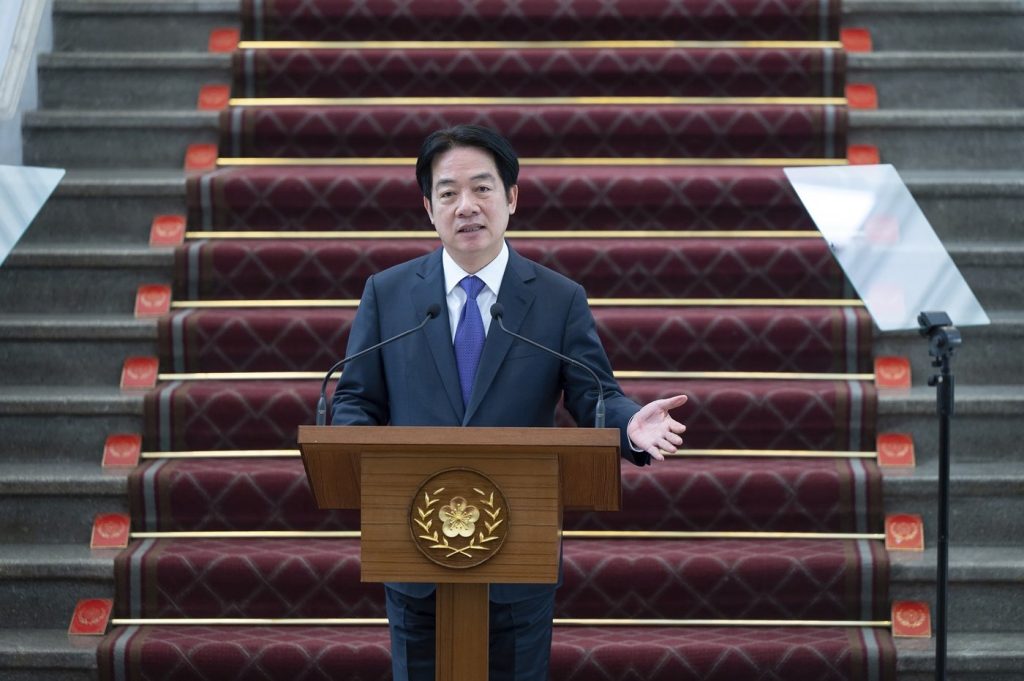On Monday, China's Foreign Ministry expressed its discontent regarding a revised fact sheet from the U.S. government, which omits a statement of American opposition to Taiwan's independence. Guo Jiakun, the ministry spokesperson, criticized the United States for “gravely backpedaling” on its Taiwan position and conveying a misleading message to what he termed “separatist forces” in Taiwan.
The historical backdrop is significant; Taiwan and China separated in 1949 amid a civil war that landed the communist party in power in China. The Nationalists, who were defeated, retreated to Taiwan and established a competitor government, leading to a scenario where Taiwan possesses its own government and military but has not formally declared independence from China.
During a media briefing, Guo urged the U.S. to cease actions that might embolden the independence movement in Taiwan, warning that such moves could further harm China-U.S. relations and impact the peace and stability of the Taiwan Strait. This strait is a narrow body of water that separates Taiwan from China's eastern coastline.
In recent changes, the U.S. State Department had removed the phrase “we do not support Taiwan independence” from its fact sheet regarding relations with Taiwan. This updated document was posted last week and is part of an ongoing dialogue about the complex relationship between the U.S., Taiwan, and China. The Taiwanese government welcomed this revision; however, it did not specifically reference the omitted language in its statements.
The Taiwanese Ministry of Foreign Affairs noted the update as a positive reflection of the close and friendly partnership between Taiwan and the U.S. Interestingly, this is not the first instance of the State Department removing the phrase concerning Taiwan independence. It previously did so in May 2022 but reinstated it shortly thereafter due to strong protests from China.
The rationale behind the latest language change remains uncertain, especially with former President Donald Trump having recently resumed office. This raises questions regarding whether this might indicate a shift in policy compared to the approach taken by former President Joe Biden. Taiwan’s government is apprehensive that Trump's commitment to supporting the island may not be as robust as Biden's during his tenure.
Although the U.S. does not officially recognize Taiwan as an independent country, it is widely regarded as Taiwan's strongest ally and primary arms supplier. Trump's recent comments highlighted his concern over Taiwan's semiconductor industry, which he claimed has taken business away from the U.S., expressing a desire for those operations to return to America.
China has persistently asserted that Taiwan must eventually fall under its control, escalating military exercises around Taiwan, which is home to approximately 23 million residents, in recent years. The U.S. fact sheet maintains that any differences should be resolved peacefully, without coercion and in a manner acceptable to the populations on both sides of the Taiwan Strait.










